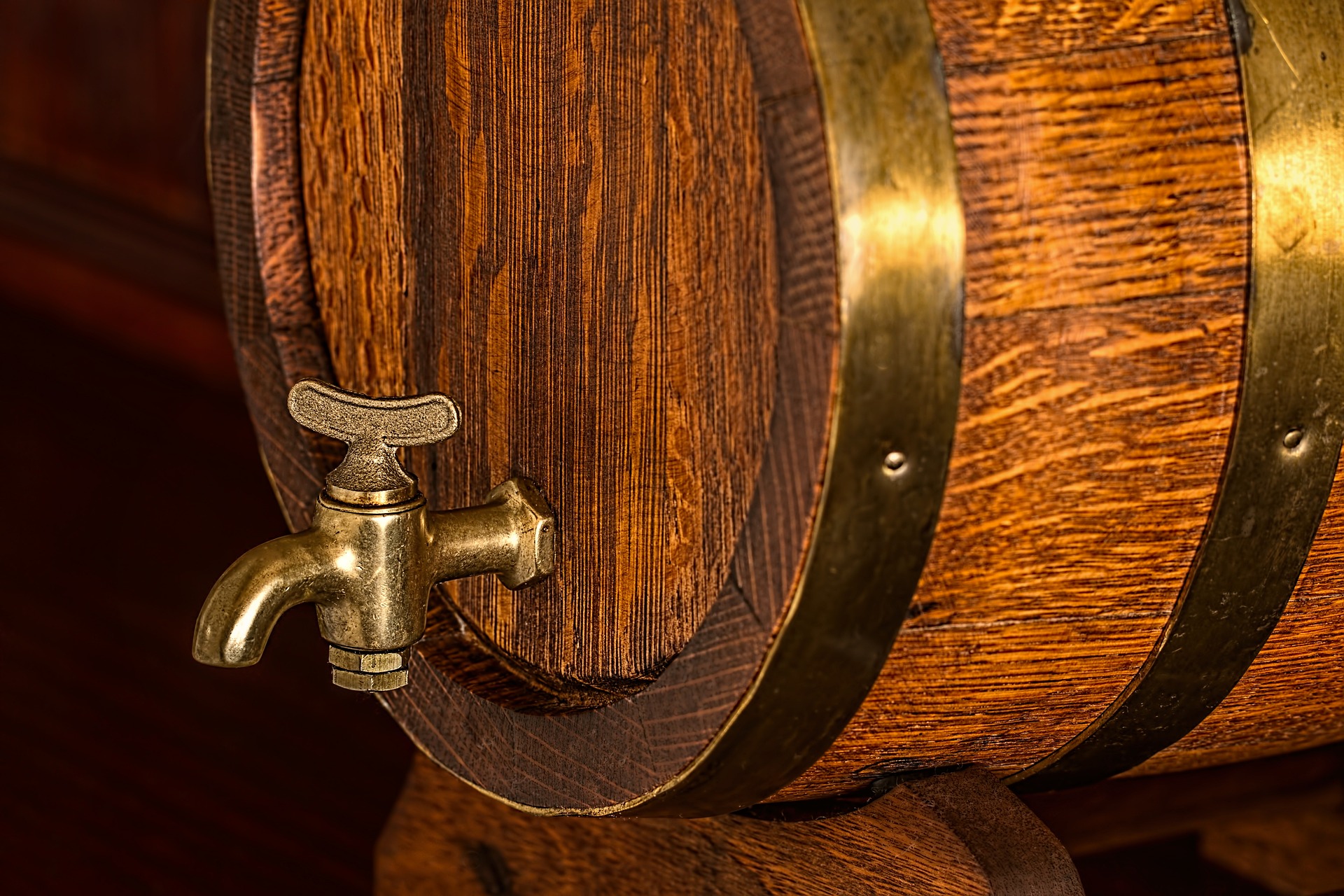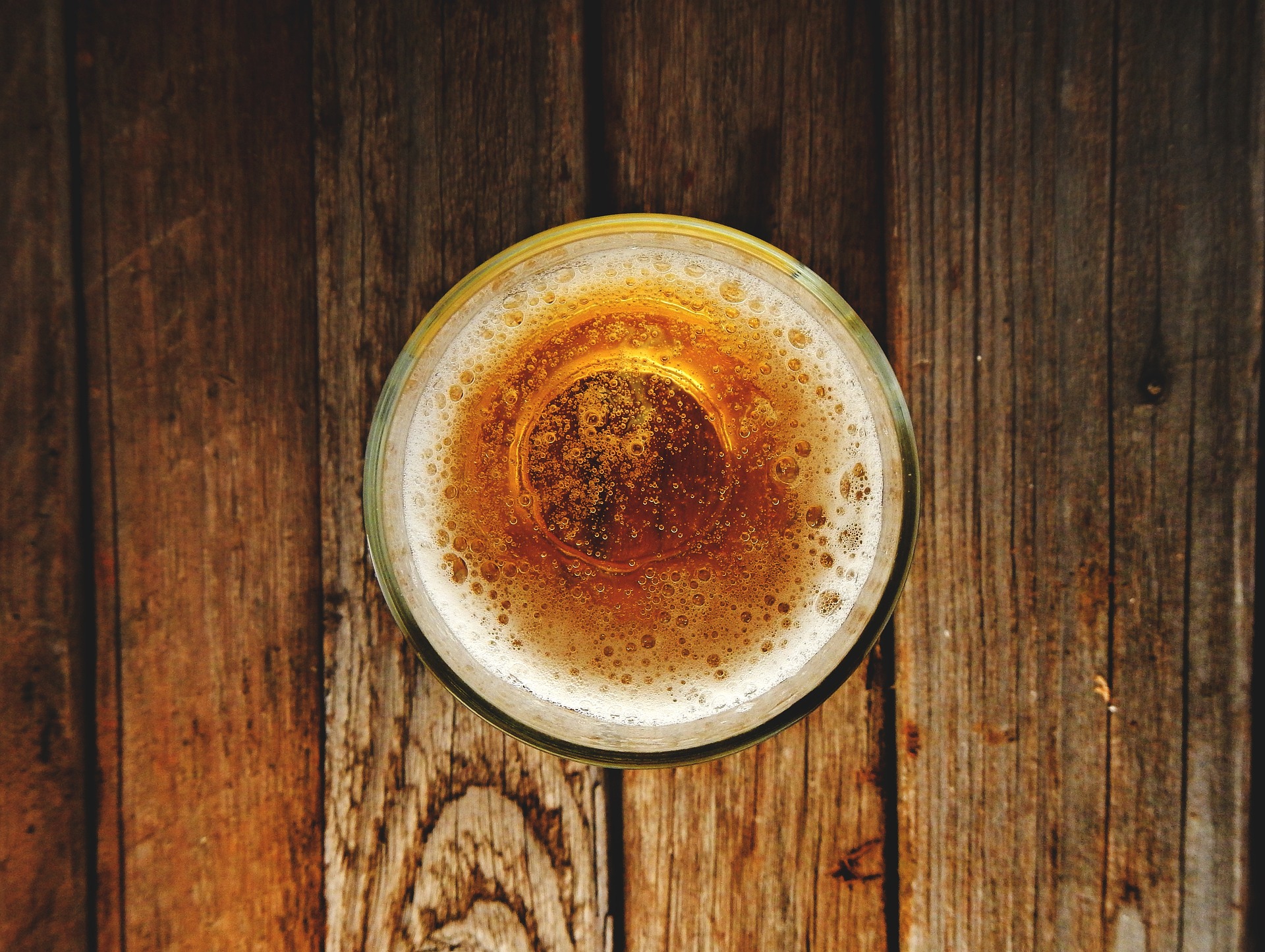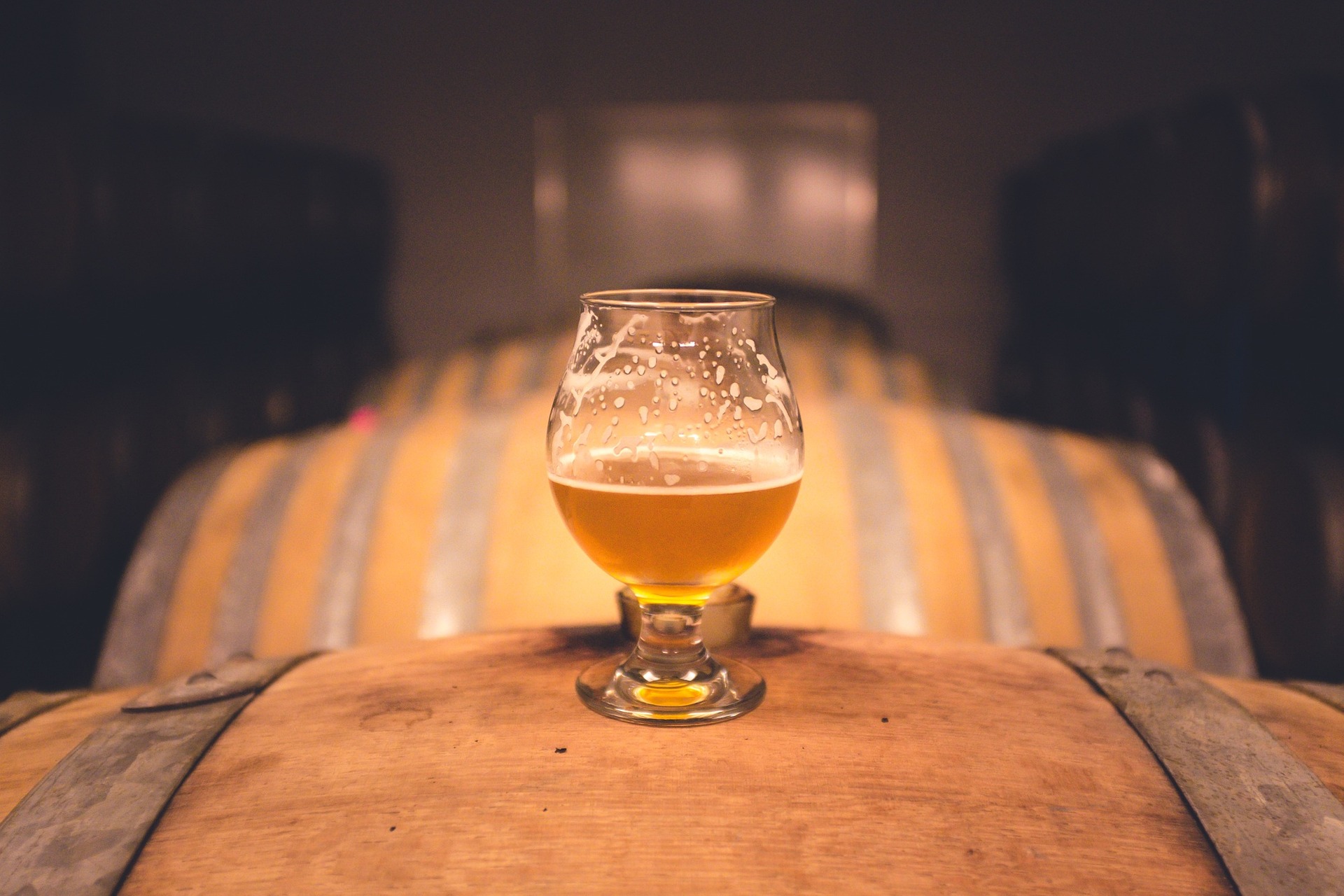Some valuable rules on how to store and maintain craft beers
The
craft beer
is not subjected to pasteurization and microfiltration, which means that it has a more intense and genuine taste and aroma than industrial beer.
However, this on the one hand can be a problem in case we cannot drink it quickly enough with the consequent risk that the organoleptic properties of the beer will be compromised.Therefore, let’s try to understand how to properly store craft beer.

Do craft beers expire?
The first question that may arise in this case is “does the beer expire”?
Although when we buy a beer there is a specific expiration date on the bottle or can, we can say that all beers, craft and otherwise, can be consumed at any time without harm to our health. However, unlike wine, which often improves over the years, beers, especially craft beers with a few exceptions, tend to lose the organoleptic properties; that is why, net of the type of beer, it is usually advisable to consume them within 18 months of production to fully enjoy them, although some craft beers keep quite well even within 4-5 years.
Separate discussion when the beer has already been opened: we can try to re-seal it as best we can while warding off the slightest passage of air and oxidation, but in any case it should be finished within a few hours if you still want to savor its taste, freshness and original fizz.

Storing craft beer: tips and rules
There are three main factors to consider when storing craft beer: light, temperature, and packaging.
Light
Craft beer should never be exposed to direct light and should be stored in dark places because ultraviolet rays, in addition to being able to alter taste and aroma, can promote the proliferation of bacteria and microorganisms, compromising the substances produced by hops.
Temperature and humidity
Another key factor is environmental, according to which beers should be kept in cool, dry places, away from humidity and temperatures that are too high or too low.
It is important to choose a place with an absence of strong smells and odors, that there are no temperature fluctuations, and that the temperature is generally between 10°C and 16°C, although low fermentation craft beers usually keep better with a few degrees less. Storing beer for long periods in the freezer can also be harmful, again because of a discourse related to compromising the organoleptic properties of the product.
Bottle
Last but not least important element to consider is the packaging of the beer. Again for the light argument, craft beers contained in dark bottles (the brown ones) or cans are preferable to those in lighter-colored glass bottles, green or even worse, transparent, due to the latter’s lesser ability to filter ultraviolet rays.
Speaking of bottled beers, we need to consider the cork material to determine the correct location in which to store them: beers with the metal “crown” cap can be kept safely upright, while those with corks should be tilted slightly so that the inside of it remains slightly wet. In any case, it is better to hold them upright rather than horizontally: this is because craft beers, not being filtered, contain yeast deposits that should remain at the bottom of the bottle.


Visita il nostro e-shop e scopri tanti prodotti a prezzi vantaggiosi!